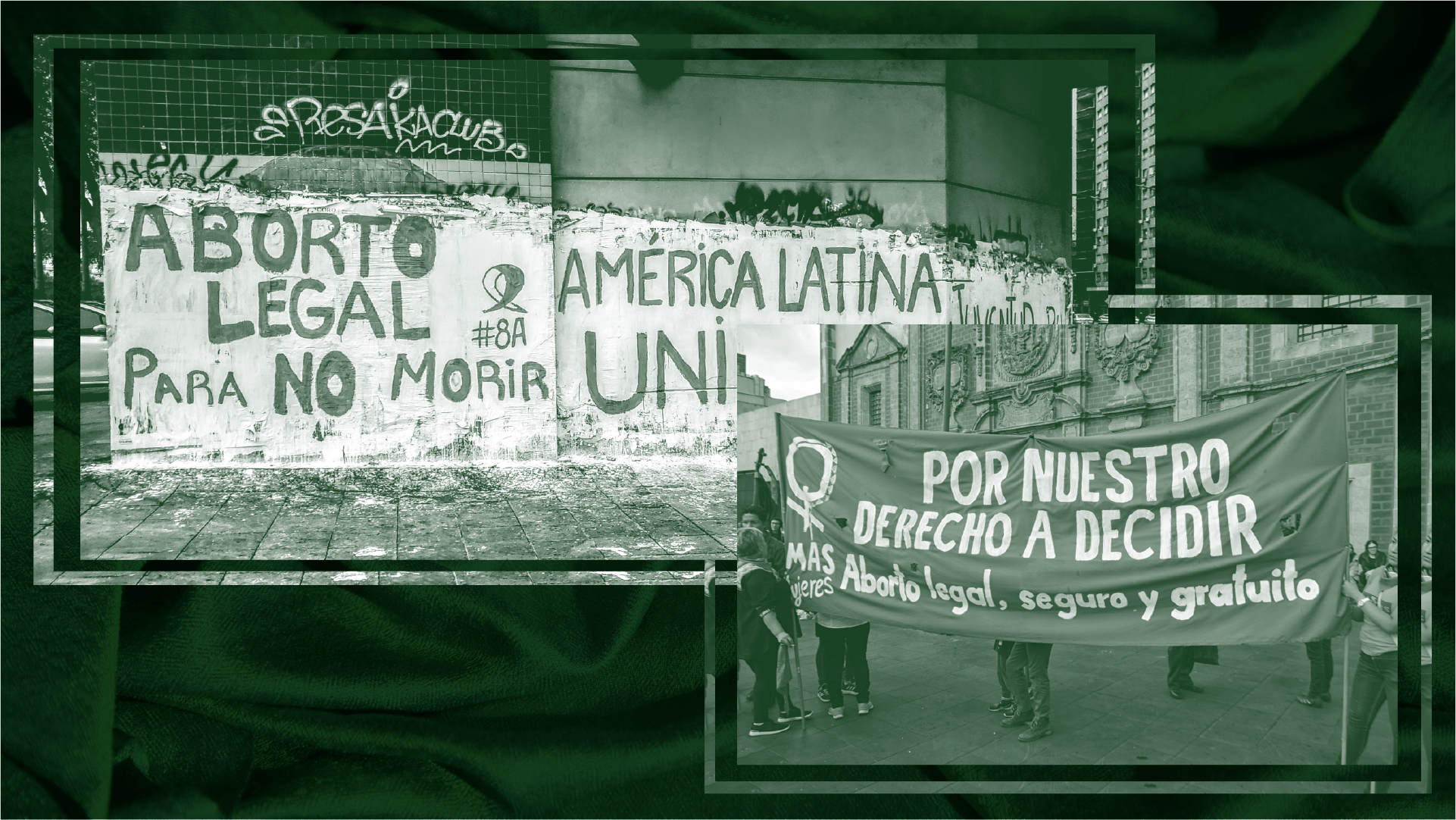
Trump Administration Rescinds Student Ban — But The Damage Has Been Done
While international students no longer have to worry about deportation for taking online-only classes, fear still remains.
The Trump administration rescinded ICE’s controversial new policy Tuesday that would have forced international students to return home if they did not take at least one in-person class. The reversal comes after MIT and Harvard, later joined by other universities, as well as 18 states, sued the federal government over the rule, calling it “arbitrary and capricious.” For many, the news brings a spectrum of emotions, ranging from relief and celebration to fear and anger.
The original policy change, announced on July 6, was met with an outcry of criticism from students and faculty, as well as politicians who were concerned about time zone difference, students’ leases, relocation fees, and availability of internet, any and all of which would deny international students equal access to online education.
“I was very surprised at the announcement,” said Lucca Della Liberia, a New York University senior from Brazil. “After hearing that Harvard and MIT had sued, I was hopeful something would change but I did not expect it to be so fast.”
But the responses following the controversial policy reversal were not solely positive.
Ekaterina Kryuchkova, a Russian Ph.D. student at Cornell University, said in an email that while the news is definitely positive, it’s hard to celebrate because there are many other issues for international students that still remain unresolved. Kryuchkova fears that today’s victory may “make us complacent.”
“Those ten days have really shown that the government is willing to penalize international students for actions outside of our control,” she said. “Even though the DHS backed down, I am sure they are still willing to threaten us as a population.”
Stephanie Schwartz, an assistant professor at the University of Southern California echoed Kruychkova’s concerns, telling The Interlude that even though she was deeply relieved that the criticism paid off, “the days of uncertainty, fear, and pain caused by announcement can’t be given back.”
“Combined with that distress, now add the hours and resources advocates, faculty, and administrators spent fighting a policy that stands on such flimsy legal ground that the administration rescinds at the first sign of getting routed in court?” Schwartz said in an email. “Perhaps that time and money could have been spent working to provide safe and quality education to our students in the midst of a public health crisis, and not creating undue fear in an already painful time.”
In an effort to curtail ICE’s decision, those who did not have the financial means to sue scrambled to find ways to help their international students remain unaffected.
Some students took it upon themselves to find ways to help their peers (and themselves). Liberia teamed up with Albert Liu, a computer science major at NYU, and wrote a computer program that would easily filter through classes, showing those that would meet ICE’s requirements. Liberia later used Reddit to share a Google document of those classes, which later became a website called icesucks.com.
Liberia told The Interlude that leaving the country would have interfered with his life greatly. Even if things such as time difference and leases were not issues, leaving the country would have made international seniors ineligible for Optional Practical Training (OPT), a year-long visa extension to work in one’s field. Many international students rely on OPT to secure a job and remain in the country post graduation.
Students weren’t alone in their efforts. A number of professors took to Twitter to offer independent studies to help keep students in the country.
“I’m prepared to teach up to 5,000 in-person independent study courses over the next year,” tweeted Casey Boyle, Associate Professor at the University of Texas. In her message to international students, Yale Law Dean Heather K. Gerken said that almost every faculty member volunteered “to offer an in-person, one-on-one tutorial to our international students,” with one of them saying he would “teach outside in the snow if he needed to.”
Schwartz used Twitter to call on her fellow professors, gathering a list of actions that faculty and university administrators could do to push back against the ban.
“Many of us were deeply disheartened to see that valued and equal members of our community were targeted and in some way being used as hostages to try and pressure universities to reopen,” she said.
It is perhaps due to all of this bureaucratic and emotional disarray that the reversal leaves a bitter aftertaste.
“The affair confirms that the administration is willing to take any and all actions to remove immigrants from this country,” Schwartz said in an email. “They’re willing to throw spaghetti against the wall and see what sticks, hoping that the pandemic will provide cover this xenophobic agenda.”


